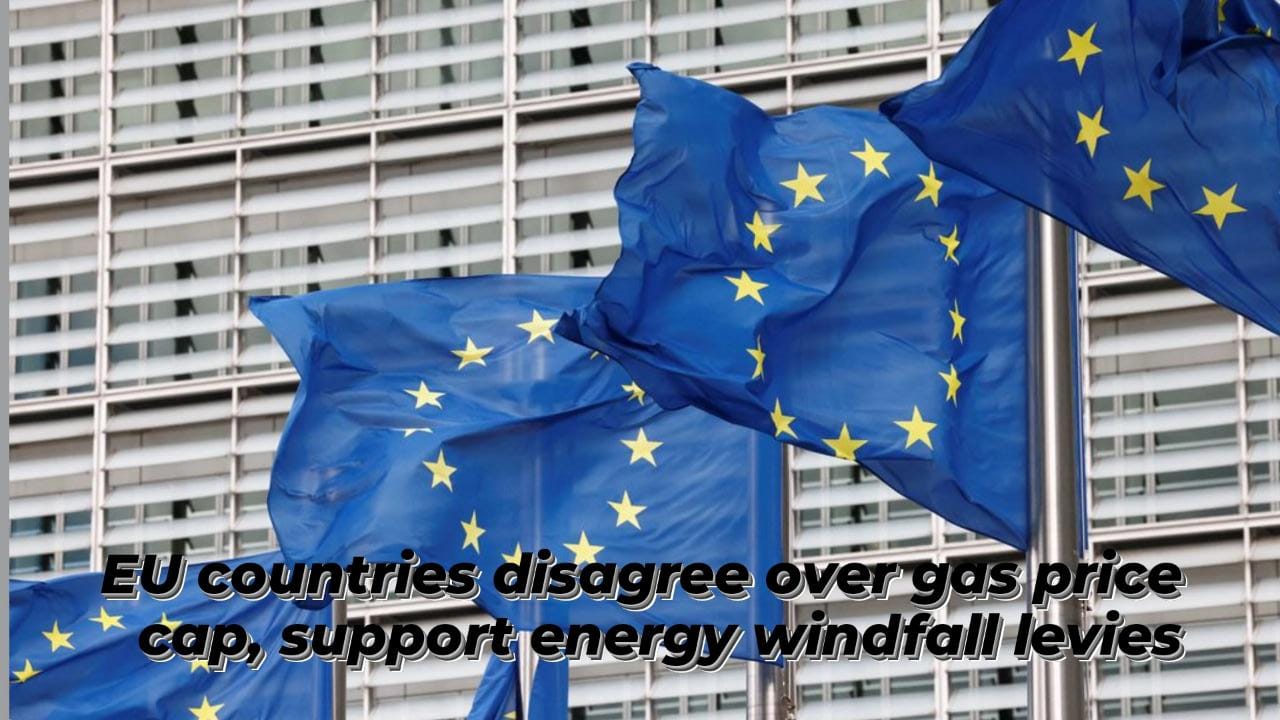
On Friday, the European Union’s member states will gather to authorise emergency taxes on energy companies’ windfall profits and begin discussions about their next course of action to address Europe’s energy crisis, which may include a gas price cap.
The 27 EU members’ energy ministers are currently considering measures that were put forth by Brussels last week in an effort to stem the rise in energy prices that is fueling record-high inflation and raising the prospect of a recession.
They include a tax on the excess profits produced by fossil fuel corporations in 2022 or 2023, a second tax on the extra money low-cost power providers make from rising energy prices, and a need to reduce electricity use by 5% during peak hours.
Ministers will likely adopt the plan on Friday, according to diplomats from a number of different nations.
After that, the ministers will discuss the EU’s next step in containing the price spike, which several nations have suggested should be a broad gas price ceiling while others, most notably Germany, continue to reject.
There is nowhere near agreement on the price cap, according to a diplomat from one EU nation.
This week, fifteen nations—among them France, Italy, and Poland—asked Brussels to suggest a price restriction on all wholesale gas transactions in order to control inflation.
According to a paper outlining their proposals, Belgium, Greece, Poland, and Italy urged that Europe should set a cap on gas prices that is ‘high and flexible enough to allow Europe to attract the essential resources.’

Post Your Comments